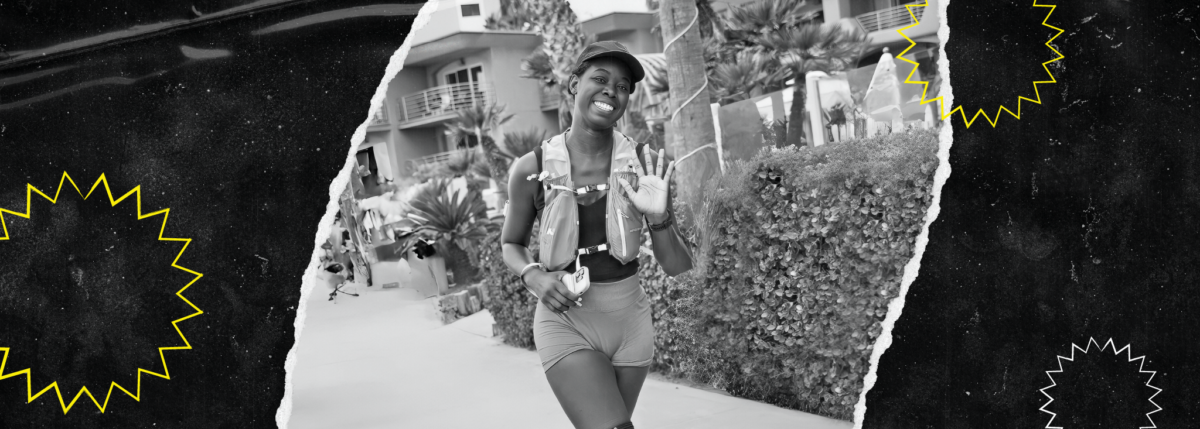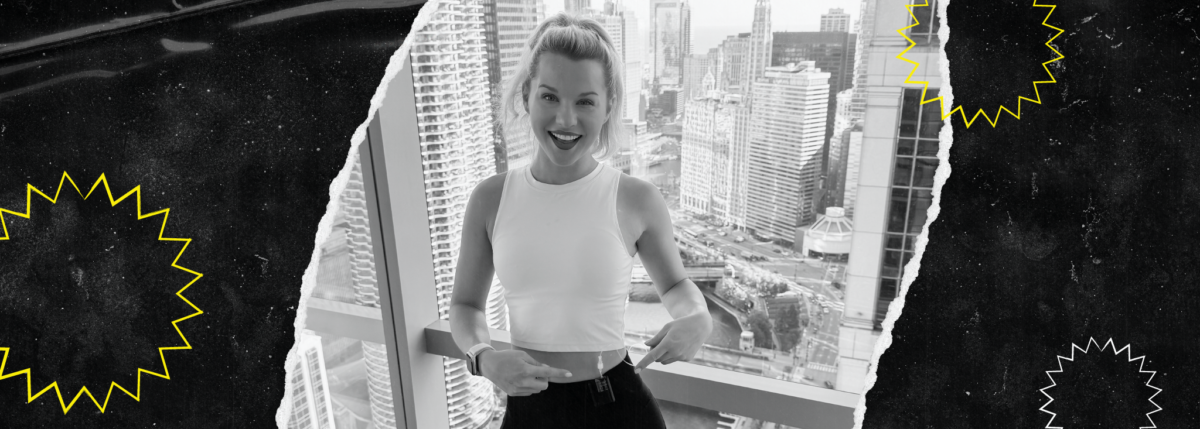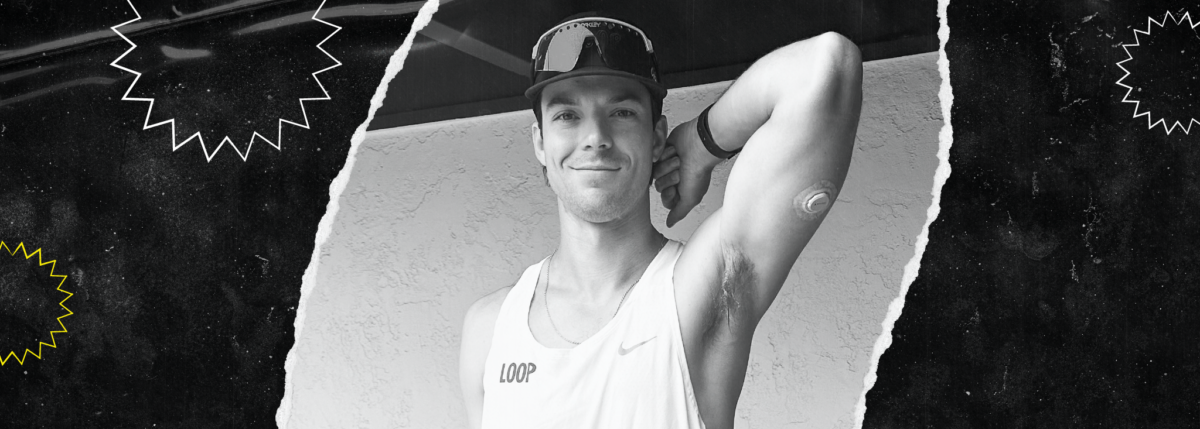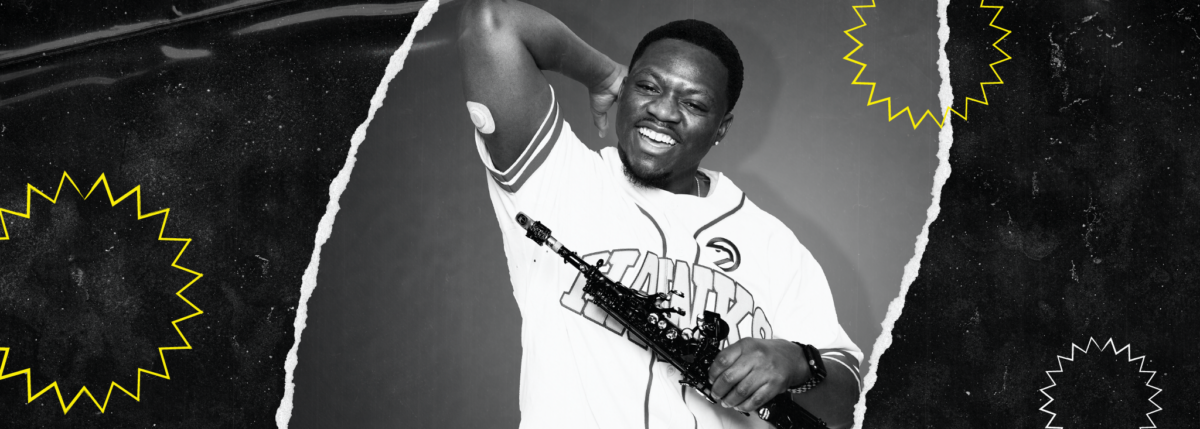5 Tips for Running with Type 1 Diabetes
Written by: Robin Arzon
3 minute read
September 18, 2017
Editor’s Note: Robin ran in the 2017 TCS New York City Marathon sponsored by Medtronic. Learn about the Beyond Type Run Team, sponsored by Dexcom and Tandem Diabetes Care, here.
I’m a person with type 1 diabetes. That means my pancreas stopped producing insulin one day and I need insulin to live. It mostly sucks. I was diagnosed as an adult at the age of 32, after a month-long trip to India. I felt really dehydrated, got blood work at my mom’s urging, and boom, I needed insulin forever. There’s no known cause. Approximately 90 percent of adult with diabetes are type 2, which is generally caused by lifestyle factors such as activity level and food choices. No matter what kind of diabetic you are, I want you to know something: you’re a f*cking bad-*ss.
My immediate thought when I was diagnosed was, How can I continue to run ultras? I then remembered my friend Stephen England, who is a very accomplished marathoner, ultrarunner and fellow type 1 diabetic (since the age of 14). Knowing he slayed the Leadville Trail 100 Run and other 100-milers was encouraging. I decided I was going to be unstoppable.
Running with diabetes hasn’t always been pretty. It’s been trial and error every single day. Within 10 days of my diagnosis, I had all the technology available to assist with diabetes management. I use an OmniPod insulin pump (the white box on my arm or waist you see in photos) and a Dexcom glucose monitor, which alerts me to my blood glucose numbers. I firmly believe technology has kept me racing. I can adjust my insulin ratios for training, especially marathons and three-to-four hour long runs, without needing to inject insulin manually. More knowledge is power.
- Everyone is different, but I like to reduce my insulin slightly before a long run. I can run with 50-70 percent less insulin during a marathon. You have to see what works for you.
- Always carry something with sugar. Fortunately, races normally have sports drinks laden with sugar (the only benefit)! I also stuff clementines in my race pack on long runs. I find them to be the perfect amount of sugar to keep me level without spiking.
- Love yourself anyway. I’ve attempted 20-mile runs without pause and been sidelined by 3-mile runs for no reason. Many factors affect insulin and blood glucose levels. Love yourself anyway. No one training run will make or break a race.
- You might have high numbers after a race. Adrenaline gets you to many finish lines. This can also cause spikes. Don’t freak out. Weightlifting and boxing also make my blood sugars spike.
- This is controversial, but take your doctor’s advice with a grain of salt. I’ve had doctors who just don’t understand what it means to race and commit to endurance sports with type 1 diabetes. They have suggested only eating carbs and other super-antiquated things related to food and movement. I’m no MD, so trust me, I understand how crazy this sounds, but, real talk: I know my body better than they do. And you probably do, too. Get your labs, take your sugars, know your A1C, but your gut rules everything. Bottom line: if you think you can do something, you probably can! I’ve always believed in superheroes. Some of us have insulin in our superhero belts. Don’t let it stop you. Just run smart.
Visit the Beyond Type Run page.

Author
Robin Arzon
Robin was diagnosed with type 1 in February 2014. After a successful law career, she decided to embark on new adventures in the health and wellness space. She's currently the VP of Fitness Programming at Peloton Cycle and has written the New York Times Best Seller Shut Up And Run. As head trainer at Peloton, she's discovered a passion for coaching athletes. When she’s not training for ultramarathons, she serves as a brand ambassador for some of the world’s top fitness brands, such as Adidas and formerly Nike. Cofounder and editor-in-chief of Undo Magazine. Graduate of New York University and Villanova University School of Law. RRCA certified running coach, NASM certified personal trainer and Schwinn spin instructor.
Related Resources

Danica Collins not only prepared for one of the most challenging physical events of her...
Read more

Beyond Type 1 is spotlighting inspiring athletes with type 1 diabetes as they prepare for...
Read more

On November 3, 2024, Taylor Rindfleisch of Chicago laced up her running shoes for the...
Read more

